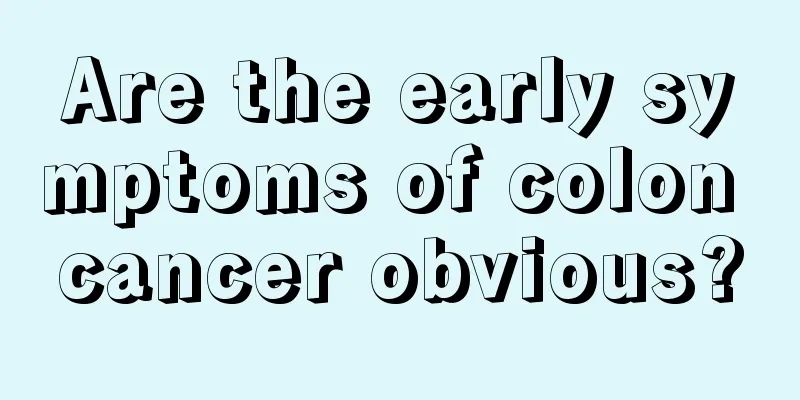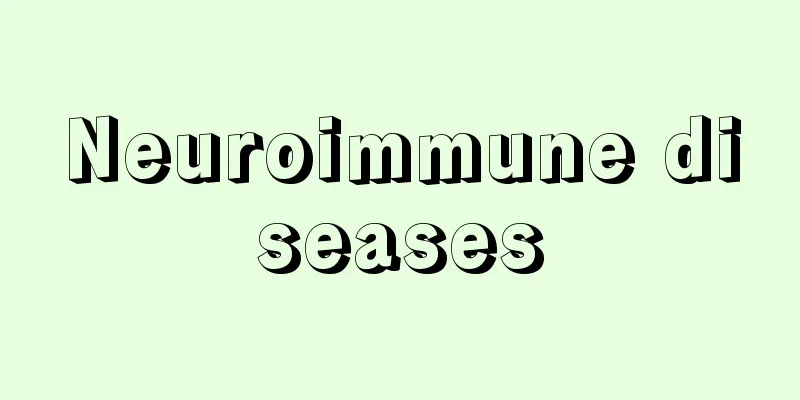Are the early symptoms of colon cancer obvious?

|
The early symptoms of colon cancer are usually not obvious. Most patients may not have obvious discomfort in the early stage, but some people may have mild symptoms such as persistent diarrhea, constipation, blood in the stool or abdominal pain. Since these symptoms are easily confused with common gastrointestinal problems, early detection is more difficult, so regular physical examinations and timely medical treatment are very important. 1) Possible manifestations of symptoms: Patients with early-stage colon cancer may experience mild intestinal dysfunction, including changes in bowel movement frequency (such as alternating diarrhea and constipation), thinner or bloody stools, abdominal pain or discomfort, etc. Some patients may also experience unexplained fatigue, weight loss, or anemia. However, these symptoms are often mild or intermittent and are easily overlooked. 2) How to distinguish early symptoms of colon cancer from common gastrointestinal problems: Ordinary gastrointestinal problems are usually short-term and easily affected by diet, stress or infection. Symptoms may resolve on their own within a few days, while symptoms related to colon cancer usually last longer or gradually worsen. If you find persistent changes in your stool, blood in your stool, gradually increasing abdominal pain, or significant unexplained weight loss, it is recommended to seek medical attention as soon as possible. 3) How to check and prevent: Early diagnosis of colon cancer usually requires the help of medical examinations, such as fecal occult blood test (FOBT), colonoscopy or imaging examinations (such as CT colonography). Colonoscopy can directly observe whether there are lesions inside the colon, which is an important means of diagnosis. For high-risk groups (such as those with a family history of disease or chronic enteritis), it is recommended to start regular screening after the age of 45. 4) Daily prevention and suggestions: (1) Maintain good eating habits, eat more fiber-rich foods (such as vegetables, fruits, and whole grains), and reduce high-fat and high-red meat foods. (2) Actively exercise, with at least 150 minutes of low-intensity aerobic exercise per week to help maintain intestinal health. (3) Quit smoking and limit alcohol consumption to avoid increasing the risk of cancer due to these bad lifestyle habits. Since the early symptoms of colon cancer are usually hidden and not obvious, they are easily ignored by patients. It is recommended that everyone undergo regular physical examinations, especially those in high-risk groups, who should remain vigilant and pay attention to subtle changes in their bodies. If suspicious symptoms occur, seek examination and guidance from a professional doctor as soon as possible. Prevention is better than cure, and a healthy lifestyle and early screening are important means to reduce the incidence of colon cancer. |
<<: The cure rate of lymphoma at the age of 69
Recommend
What to pay attention to before blood sugar test
Blood sugar testing is very necessary, whether it...
What supplements are needed for hair loss
I often hear girls complain that the floor at hom...
What should pregnant women eat when they have a cold or fever?
Colds are very common illnesses and almost everyo...
Anterior urethra and posterior urethra
Urination is an indispensable behavior in people&...
What is the difference between a vinyl umbrella and an ordinary umbrella?
In the hot summer, most people will apply various...
What are the characteristics of menstruation in patients with cervical cancer
Some people always have vaginal bleeding after me...
What are the key points in diagnosing bone cancer?
With the progress of the times, people's livi...
What does hepatitis B core antibody mean?
Many friends do not understand the hepatitis B co...
How is glioma inherited
Glioma is a unique disease that occurs in the bra...
How long can you live after surgery for malignant glioma
How long can you live after surgery for malignant...
Medication for the recovery period of cerebral infarction_Medication for the recovery period of cerebral infarction
Cerebral infarction is a serious illness. After a...
How to get rid of the smell on jeans
In life, many people like to wear jeans, because ...
Effects and functions of lychee wine
Lychee is a relatively common fruit, also known a...
The correct way to soak your feet in salt water
Foot soaking has been loved by more and more peop...
Anti-inflammation during circumcision surgery without removing stitches
In our lives, many boys have some men's disea...









